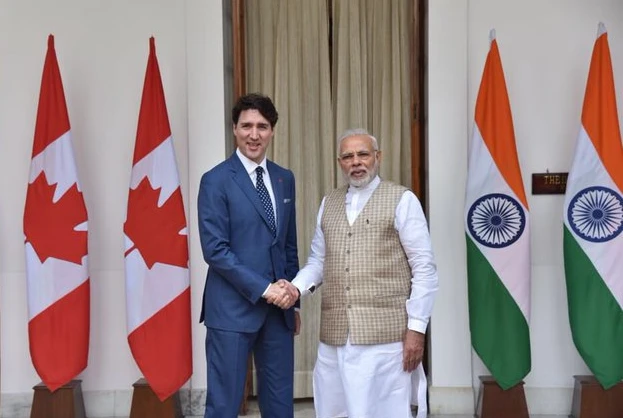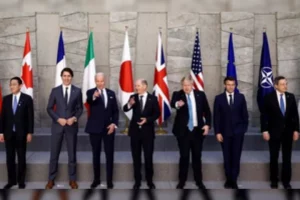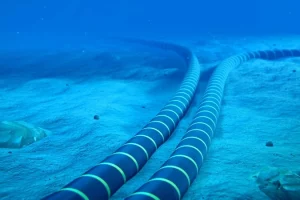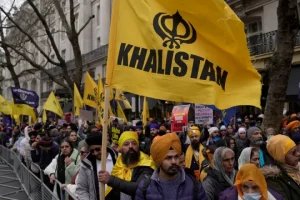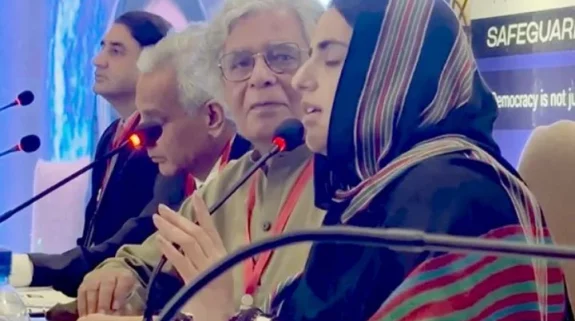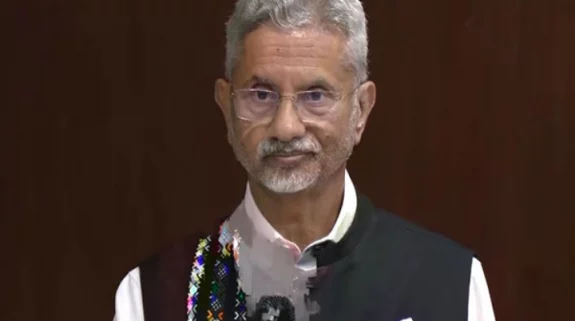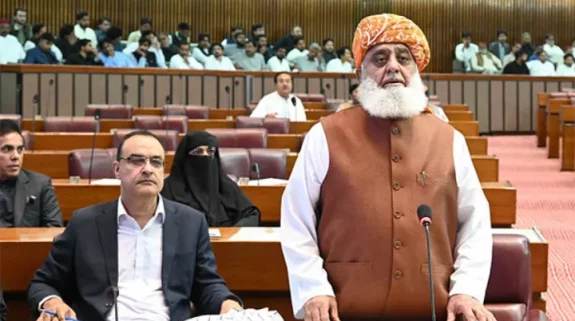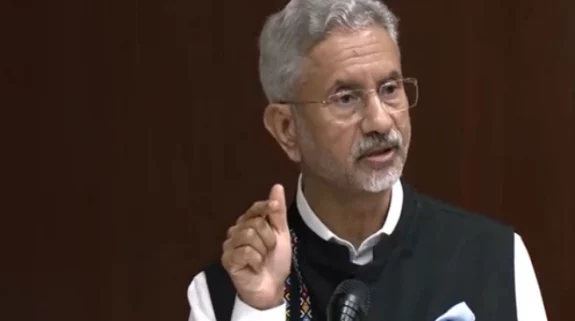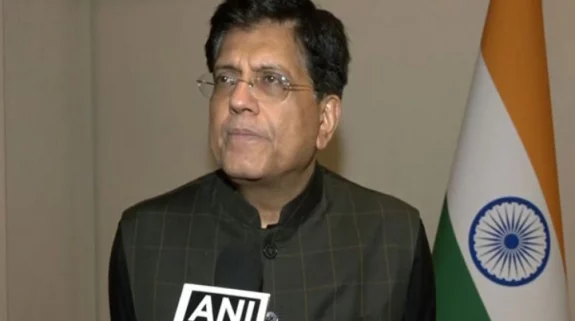Canada’s Minister of Foreign Affairs, Melanie Joly, unveiled the country’s Indo-Pacific strategy on Sunday with an investment of almost $2.3 billion over the next five years.
The policy notes China’s assertive posture in the region and highlights Beijing’s conflicts with almost all of its neighbours. It also highlights that of the top five economies, the region hosts the world’s three largest ones – China, Japan and India.
Regarding India, the strategy notices India’s importance and leadership regionally as well as globally.
It says that “Canada and India have a shared tradition of democracy and pluralism, a common commitment to a rules-based international system and multilateralism, mutual interest in expanding our commercial relationship and extensive and growing people-to-people connections”. Talking about India in a positive tone, it adds that India is a critical partner and Canada will seek to conclude an Early Progress Trade Agreement (EPTA) and grow economic ties.
Besides growing trade, It also wants to build people-to-people relations, bolster the visa-processing capacity in New Delhi and Chandigarh as well as invest more in academic, educational, cultural, youth and research exchanges with India.
Though the two countries talk about shared democratic values and enjoy strong people-to-people relations, bilateral ties have been under strain due to the increasing influence of Khalistani separatists in the country. Last month India had asked Canada to stop the Khalistan Referendum that was spreading hate between communities. Canada on its part had said that though it did not support the referendum, it cannot take action as it provides freedom of speech in the country.
Mentioning China as an increasingly disruptive global power, the strategy says: “China’s rise, enabled by the same international rules and norms that it now increasingly disregards, has had an enormous impact on the Indo-Pacific, and it has ambitions to become the leading power in the region”, adding that China is seeking to shape the international order into one with “interests and values that increasingly depart from ours”.
The strategy mentions that China has shown “disregard for UN rulings on disputes in the South China Sea, and its actions to further militarize that region and challenge navigation and overflight rights”.
Canadian Prime Minister Justin Trudeau and Chinese Premier Xi Jinping had a confrontation at the G20 summit in Bali, Indonesia, where the latter reprimanded Trudeau for leaking bilateral information to the media.
Almost two years back, Canada had sent a battleship to the Indo-Pacific region in a show of solidarity with the US.
Canada says that stability is important in the large Indo-Pacific region that has many hotspots with potential global repercussions, and Canada must engage as a regional security partner to protect its interests and security.






